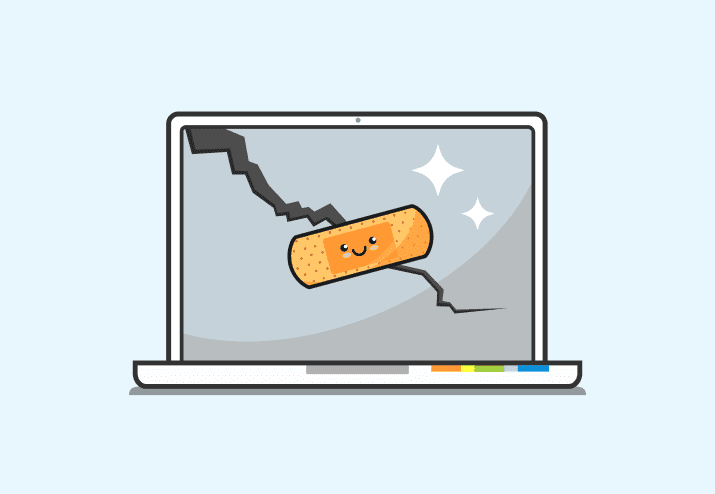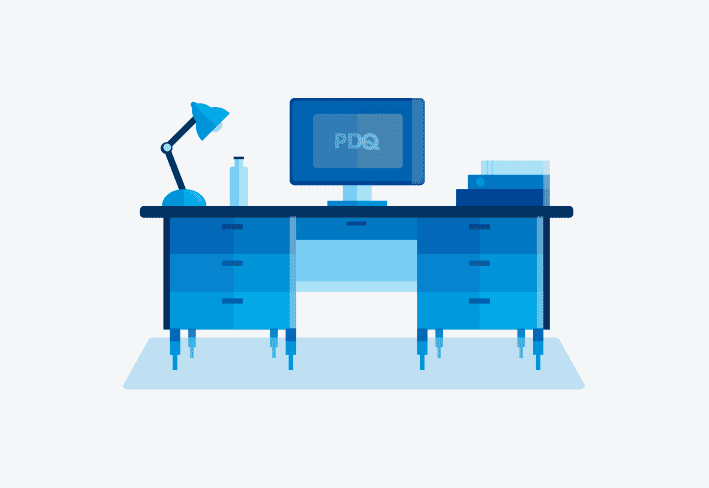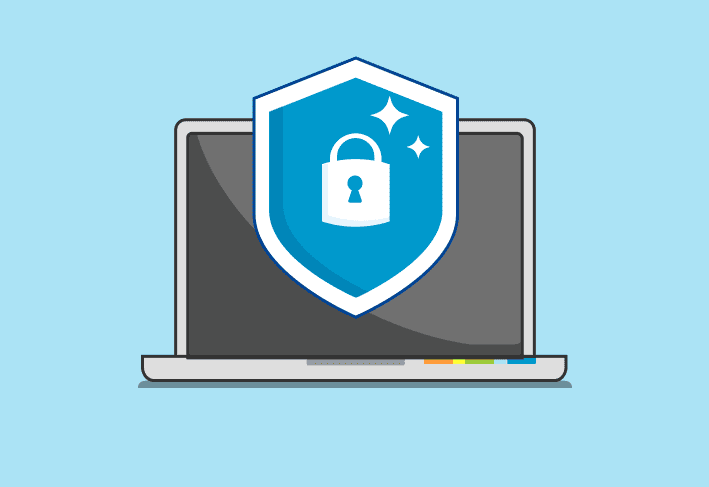[Start transmission]
Captain’s log, orbit cycle 2025.2.
Greetings, fellow travelers of the IT cosmos!
We come bearing data from more than 1,000 of your peers in the IT industry. Please look at the on-screen demographics for more about the folks who volunteered their data for sysadmins’ greater good.
This year, we surveyed more than 1,000 IT professionals.
Their job titles:
Sysadmins (26%)
Senior sysadmins (23%)
Managers (21%)
Systems engineers (13%)
Help desk technicians (6%)
Executives (5%)
Junior sysadmins (5%)
Freelancers/contractors (2%)
Where they work:
Education
Industrials
Public service
Technology
Health care
Financial services
Professional services
Their company size:
1–10 employees (6%)
11–100 employees (19%)
101–500 employees (45%)
501–999 employees (13%)
1,000+ employees (16%)
If you’ve got some time to retreat to your captain’s quarters, download the full 2025 State of Sysadmin report. But just in case your time is pressurized in the ever-shrinking vacuum of the space-time continuum, we’ve transmitted some of the most interesting takeaways to your starship.
Safe travels!
[End transmission]
1. Sysadmins in tech, healthcare, and professional services earn more
There’s good news to share, fellow travelers. Sysadmins continue to earn more than the average salary of your typical earthling with boots planted somewhere in the United States.
This year, sysadmins report earning a median salary between $75,000 and $99,999 — a healthy step ahead of the nationwide median salary of $61,984.
Of course, more years of experience typically means more money. Around 40% of sysadmins who have orbited the world of IT for more than 10 years report earning $100,000+ per year.
Salary by industry
Salaries continue to vary by industry, with many sysadmins in professional services, technology, and healthcare saying they earn more than $150,000 per year. Meanwhile, sysadmins in education typically earn less than $75,000 per year.
Salary by role
Chart a course to the Land of No Surprises — executives earn the most money out of everyone we surveyed. Most executives (70%) say they earn more than $100,000 per year. Managers also report an increase in earnings over last year, with 53% earning more than $100,000 per year. Last year, only 33% of managers reported earning a six-figure salary.
Systems engineers and senior sysadmins tend to earn similar salaries, ranging from $75,000 to $150,000. Sysadmins report earning between $50,000 and $100,000, while junior sysadmins and help desk technicians say they earn under $75,000.
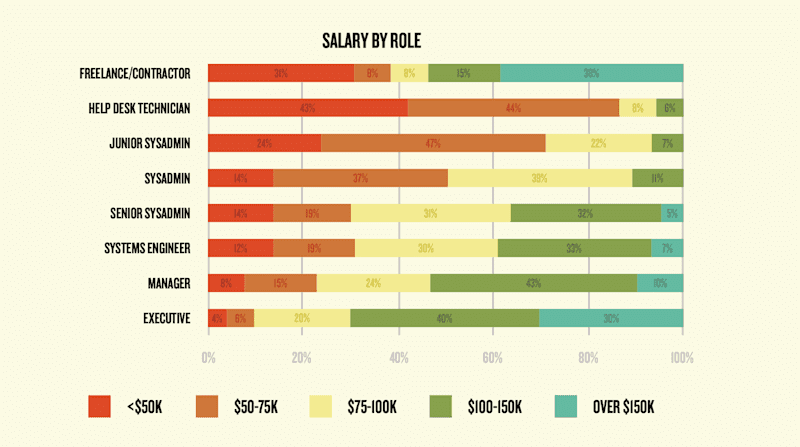
2. Sysadmins feel more stressed this year — yet they plan to maintain their course
Remember how AI was supposed to make everyone’s job super simple? Maybe even to the point that it could replace us? Well, looking at the stress levels of sysadmins this year, it’s clear that humans continue to beat the bots.
More sysadmins report being stressed out at work this year. Specifically, sysadmins who work in industrials or healthcare are more likely to say their stress levels haven't dropped — an interesting finding, given that the opposite was true last year. Perhaps it’s time to chart a course to the nearest coffee-filled nebula.
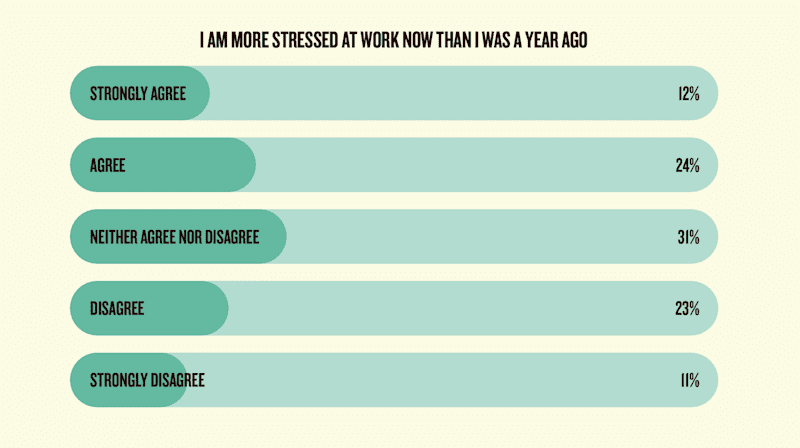
But even with increased stress levels, 76% of surveyed sysadmins say they intend to stay put in their current position. A measly 6% of respondents claim they won’t be in the same job at this time next year. And given that more than half of employees worldwide are actively charting a course for a new role, that’s a pretty dang strong retention rate.
It’s also worth noting that an overwhelming number of survey respondents — 92% — want to continue to voyage through the IT galaxy. Once an IT pro, always an IT pro, right? (Shh, please don’t cry.)
3. Burnout and workload are the top career concerns for sysadmins
Even though they're a crew most loyal, sysadmins worry about burnout and workload. (Careful — if you nod your head any faster, you might cause a great disturbance in the force.) With that said, sysadmins with less than 5 years of experience tend to worry more about continuing education and career growth.
Another interesting finding — and again, careful with the nodding — is that many IT professionals say their salaries don’t match industry standards or reflect what they do. And that’s unfortunate to hear because we know firsthand that you get roped into working on everything that plugs into the wall.
4. Sysadmins continue to cite cybersecurity as a top industry concern
With this year’s cybersecurity trends gravitating toward keep the red alert button ready, it’s no surprise that sysadmins worry about cybersecurity. Nearly half of our survey respondents say it’s their top concern, with AI coming in at a distant second (15%).
Interestingly, of the respondents who say cybersecurity is their top concern, 11% say they never conduct cybersecurity training. And those who never conduct cybersecurity training are more stressed about security than respondents who conduct regular training. It makes sense that having a well-trained crew lessens fears of red-alert situations. Perhaps it’s time to incorporate security awareness training?
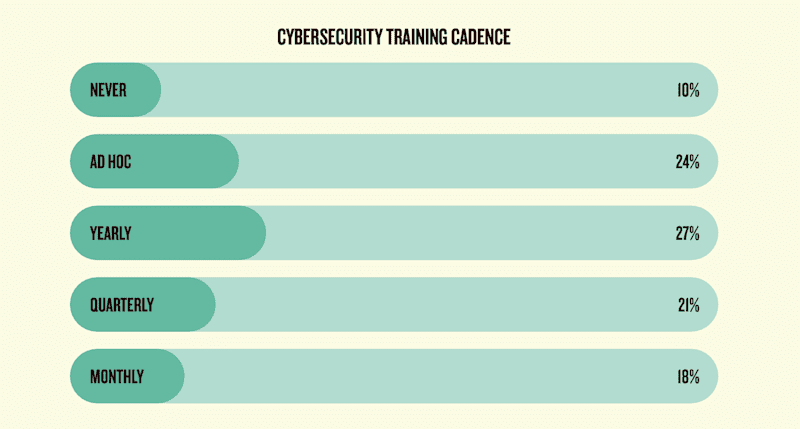
5. Many sysadmins leverage AI in their roles
Last year, for the first time ever, survey respondents cited AI as a top concern — and as a write-in option, no less! With that said, this year’s respondents seem to use AI in some context. Half of respondents say they use ChatGPT or a similar generative AI program, while 28% say they use AI-powered features in their existing toolset. But it's worth noting that the IT professionals we surveyed are careful and selective about how they use AI, restricting use cases for security’s sake.
One survey respondent had an excellent point: Many IT pros use AI features without even realizing it.
“We've used some form of AI for at least 45 years — it just wasn't marketed that way.” —2025 SoSA Survey Respondent
Those bots really sneak up on us sometimes.
6. Remote work is losing traction
Last year, we saw remote work gain some ground, but this year, it appears to be losing momentum.
Most sysadmins (67%) manage environments where a quarter or less of the workforce is remote. Last year, only 61% of sysadmins reported this scenario. (Guess we really are returning to the office.)
Perhaps unsurprisingly, sysadmins who work in education overwhelmingly (89%) report managing few remote devices, while sysadmins in tech are more likely to manage remote or hybrid environments.
7. Most sysadmins believe there are extraterrestrials among us
Think there are nonhumanoids coexisting in the cosmos? So do your peers.
The majority — 56% — of IT professionals we surveyed believe extraterrestrials exist. And most of those believers say their end users are proof.
Think about it. How do end users jam the printer every single time they use it? How can one human possibly forget their password every single week? Is it actually outlandish to think that maybe it’s a nonhuman that lacks the self-awareness to say, “I have 156 Chrome tabs open and that’s why my computer is sluggish”?
We can only hope.
We hope you enjoyed this voyage through some of the most interesting data points in this year’s State of Sysadmin report. If you’d rather not return to the command bridge just yet, download the full report to keep reading.
Or perhaps you’re ready to advance device management into the 21st century. Automate your astronomical tasks and launch your logistics with lightspeed clicks — all from your comfy captain’s chair — with PDQ Connect. Try it free for 14 days.


